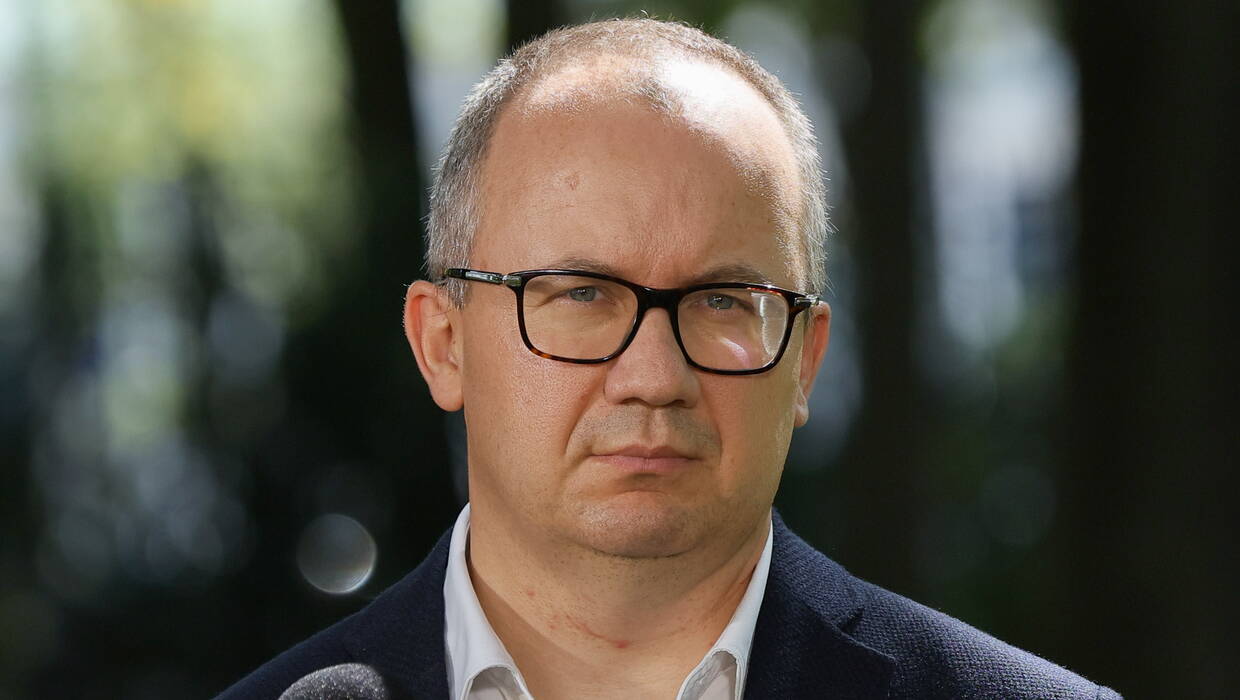
On Monday, Bodnar, who is also prosecutor general, spoke about the Venice Commission's Saturday assessment regarding possible ways to regulate the status of the so-called neo-judges, on the privately-owned TOK FM radio station on Monday.
Neo-judges are a group of around 3,000 judges who were appointed by the National Council of the Judiciary (KRS), a body responsible for nominating judges, under the rule of Law and Justice (PiS). According to Poland's current government and some lawyers, the KRS was defectively formed, as its members were nominated by politicians and not, as previously, elected by fellow judges.
"The main conclusion from this assessment is that those judges must be somehow verified, but after being divided into groups," he said. "For me, the key thing is, and it results from this assessment, that this verification, the evaluation of judges is necessary," Bodnar added.
He also explained that the neo-judges should be evaluated by courts, within their respective groups, but with a right to an individual appeal against the outcome.
Bodnar emphasised that in most cases, the verified judge would be returned to his or her position from before the KRS-led appointment.
The Ministry of Justice initially divided the neo-judges into three groups: those who graduated from the Polish National School of Judiciary and Public Prosecution, whose status is deemed legal and will not be questioned; those who were actively engaged in undemocratic legislation (known as common design) and will be subject to evaluation by a new disciplinary committee; and those who were promoted without being involved in the common design. The latter judges will be able to avoid disciplinary action if they voluntarily return to their previous positions.
Speaking to TOK FM, Bodnar also pointed out that according to the Venice Commission, the verification of neo-judges should be quick. "We cannot afford to drag the evaluation process on for years," he said.
The plan for regulating the status of neo-judges was presented by Prime Minister Donald Tusk and the Ministry of Justice in early September this year. The reform is based on an assumption that the appointments made by the defective KRS are unconstitutional and legally ineffective.
The European Commission for Democracy through Law, the Venice Commission for short, is a group of constitutional and international law experts advising the Council of Europe. The commission was founded in 1990, after the fall of communism in Central and Eastern Europe. Initially, it was formed by 18 founding states. Now, it has over 60 members, including USA, Israel, Kazakhstan. Poland joined in 1992. (PAP)
wpb/mf



